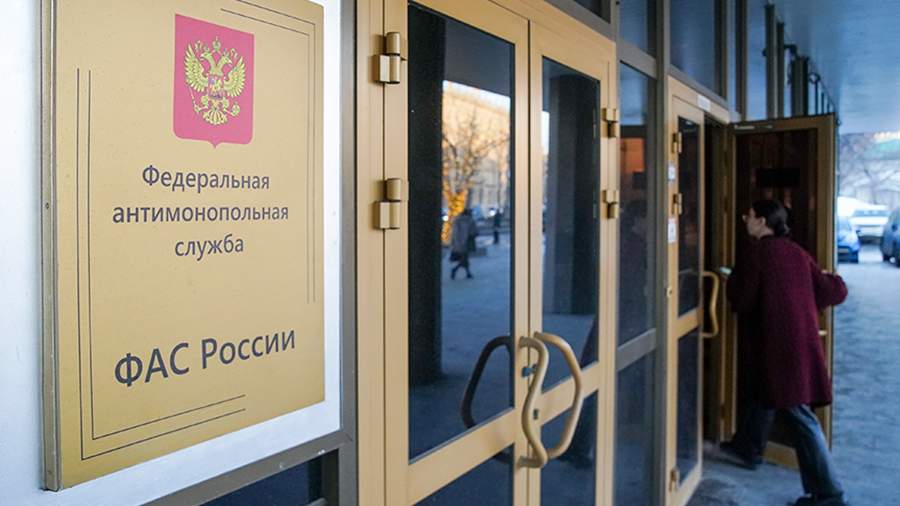FAS ordered to exclude 1 billion rubles from tariffs in the Leningrad Region

The Federal Antimonopoly Service (FAS) has ordered the tariff regulator of the Leningrad Region to exclude 1 billion rubles from the tariffs. The feasibility of another 10 billion rubles should be further analyzed by the tariff authority, reported in the service on January 20.
FAS of Russia conducted a scheduled inspection of the Committee on Tariffs and Pricing Policy of the Leningrad region. As a result, the service found that the regional tariff authority included economically unjustified costs in the tariffs in the areas of electricity, heat supply, water supply and wastewater disposal, as well as the treatment of solid waste.
The agency found that when calculating the level of electricity losses, the regulator used data that did not correspond to official statistical reporting.
In the heat supply sector, the committee distributed negative adjustments over several regulation periods instead of excluding economically unjustified funds in one year. It is noted that the regulator did not analyze actual costs for the previous long-term regulation period in the sphere of water supply and wastewater disposal.
Also, the FAS of Russia revealed the inclusion of positive adjustments to the actual results of the regional operator for the treatment of solid waste in the absence of the organization's separate accounting of costs and revenues.
In addition, the number of employees of regulated organizations when accounting for the new long-term regulation period was twice as high as the actual number of employees.
Based on the results of the inspection, the agency issued 15 prescriptions to the Committee on Tariffs and Pricing Policy of the Leningrad Region.
Last year, on August 5, the FAS reported on the introduction of a mechanism of transparency of payments for communal resources. It was reported that the adopted changes will affect all regulated organizations. The document implies that in cases when companies receive savings due to the introduction of digital solutions, for example, the installation of "smart" meters, housing and utilities organizations will redirect it to upgrade infrastructure.
Переведено сервисом «Яндекс Переводчик»
